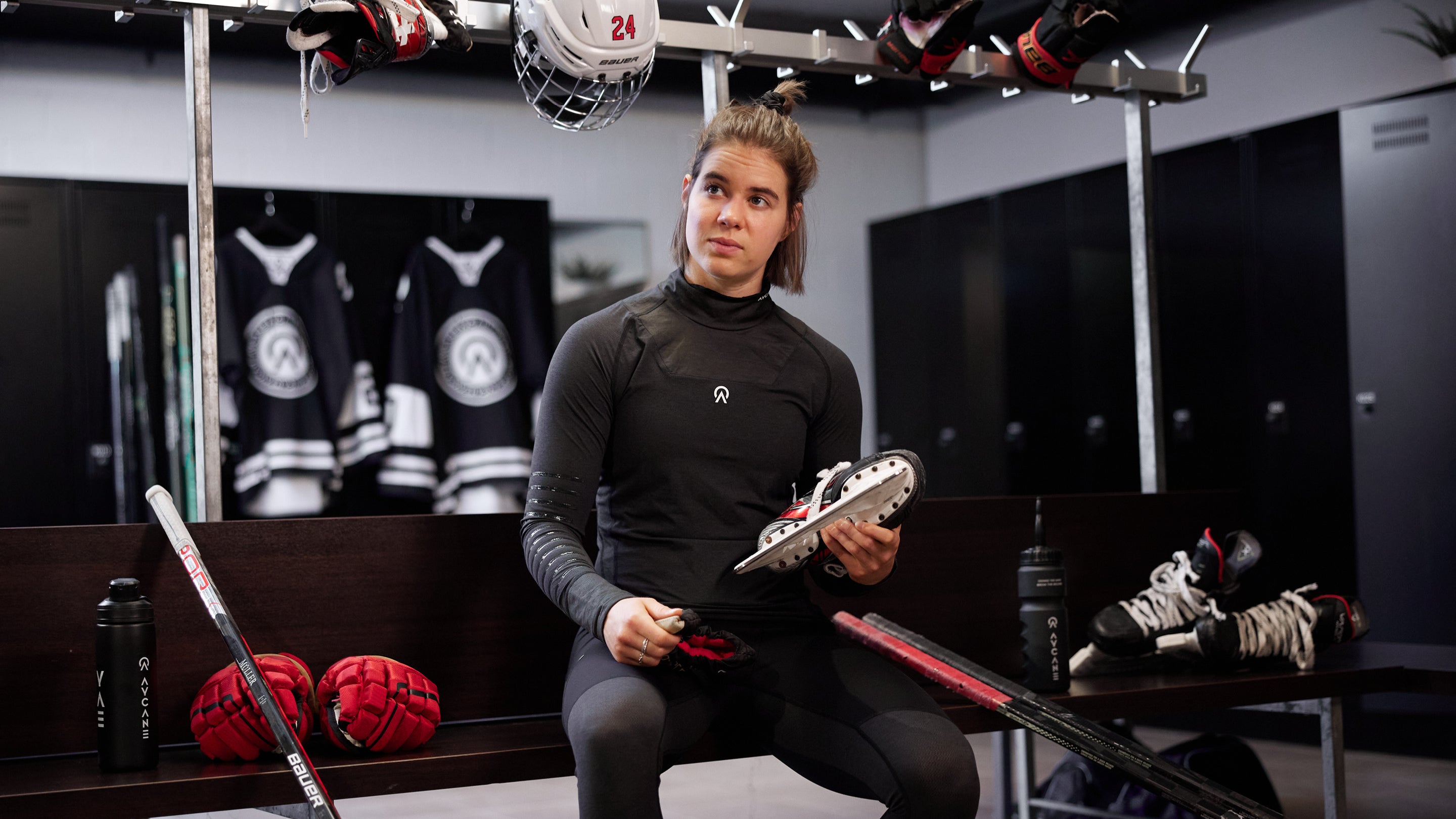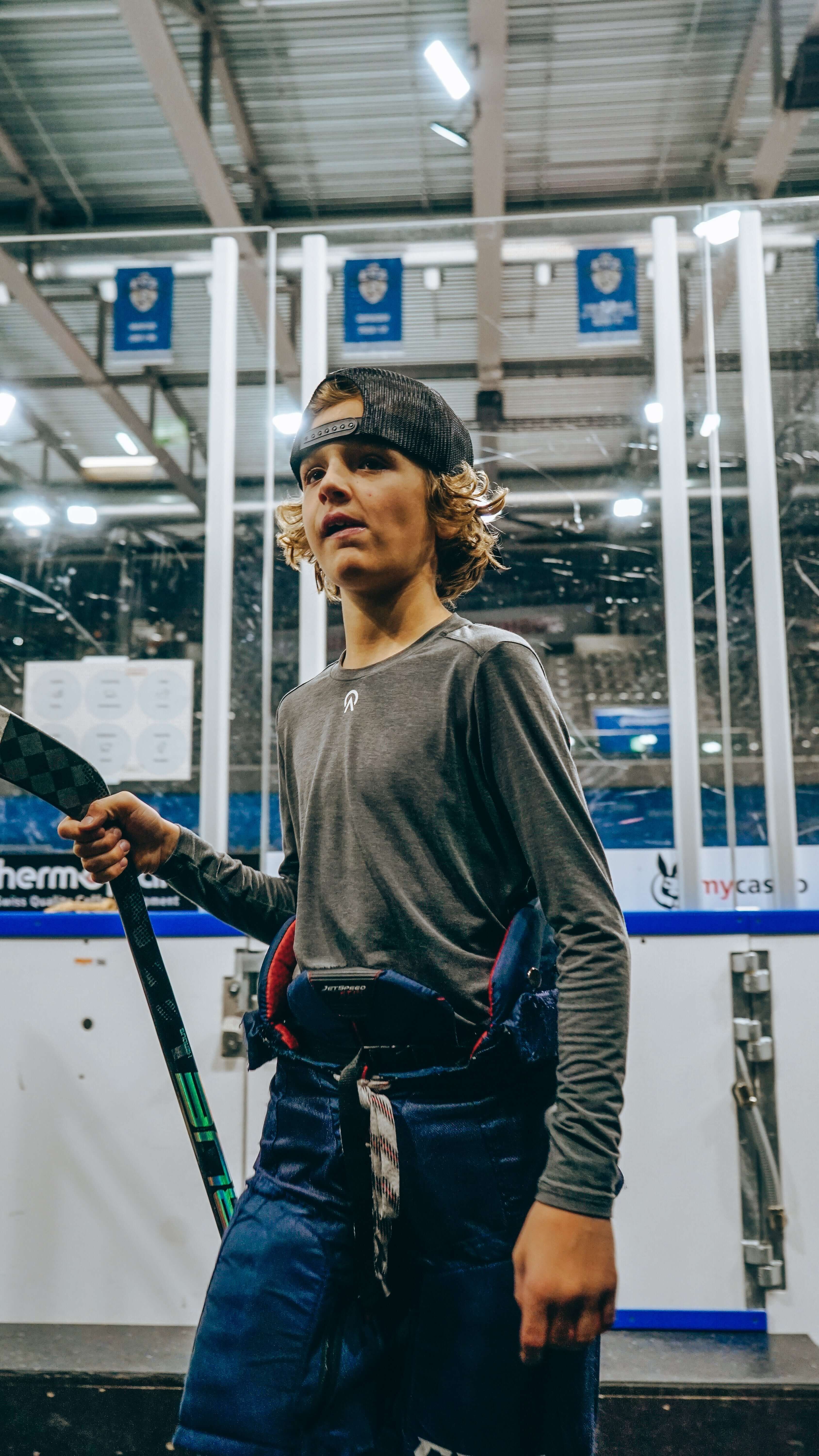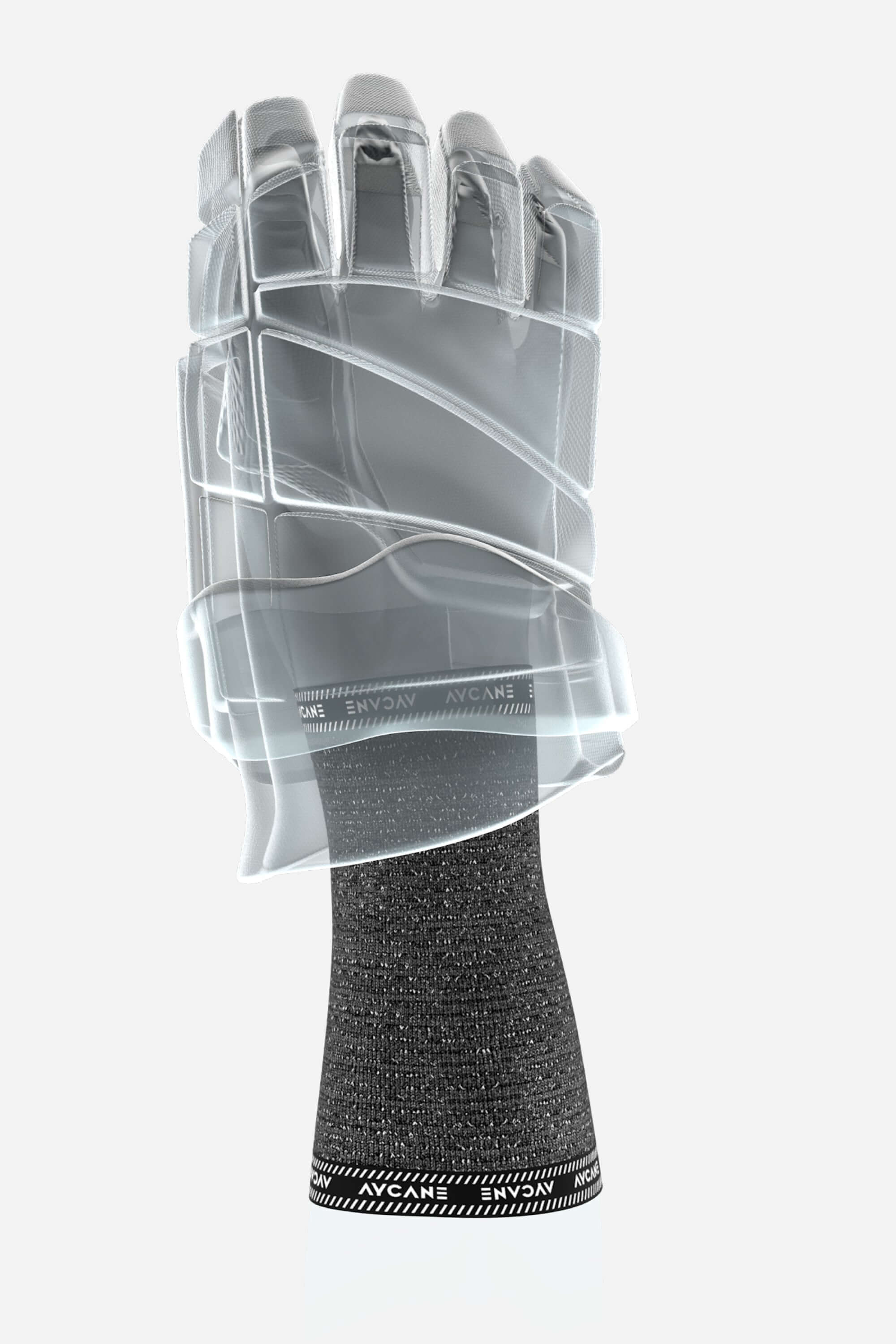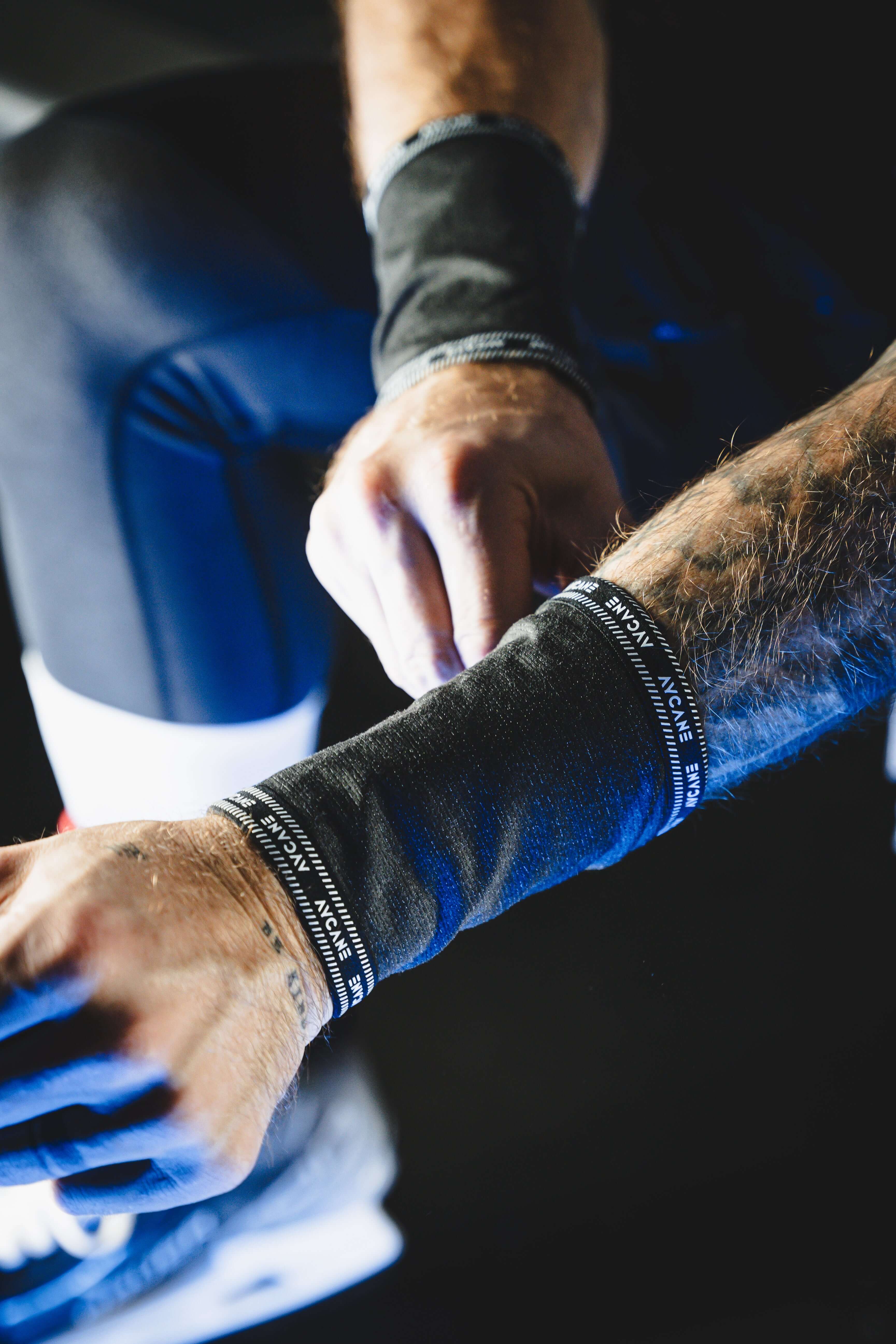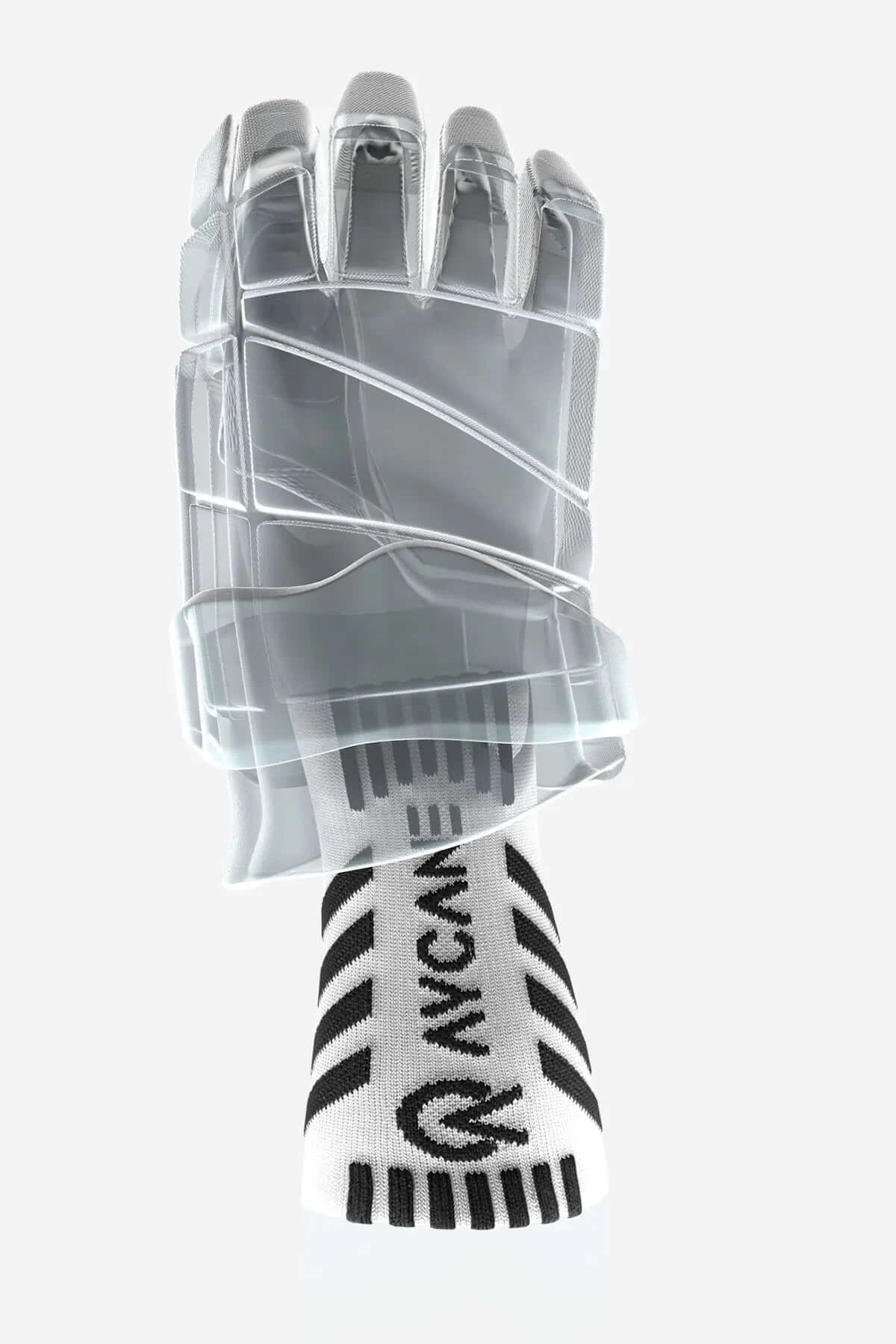Building Team Chemistry: Lessons from Top Hockey Teams
In the world of ice hockey, talent wins games, but teamwork and intelligence win championships.
This age-old sports adage holds especially true in hockey, where the synergy between players can make all the difference. Let's explore how top hockey teams build chemistry and how these lessons can be applied at all levels of play.

Understanding the Importance of Team Chemistry
Team chemistry goes beyond mere cooperation. It's about understanding each other's strengths, weaknesses, and tendencies on the ice. When players are in sync, they anticipate each other's moves, leading to more fluid and effective gameplay.
Communication is Key
Open and consistent communication is the foundation of any strong team. This doesn't just mean talking on the ice; it involves regular, honest dialogue off the ice as well. Teams that communicate effectively tend to understand each other better, leading to improved performance during games.
Building Trust Among Teammates
Trust is a critical component of team chemistry. Players need to trust that their teammates will be in the right position, make the right play, and have each other's backs. This trust is built over time through shared experiences, both on and off the ice.
The Role of Leadership
Strong leadership is crucial in nurturing team chemistry. This doesn't always mean the most skilled player; leaders are those who can bring people together, set a positive example, and motivate the team towards common goals. These individuals are instrumental in creating a cohesive unit.
Encouraging a Team-First Mentality
The best teams embrace a philosophy where the team's success takes precedence over individual accolades. This team-first mentality is a common thread among successful hockey teams. When every player is committed to the team's objectives, chemistry develops naturally.
Shared Goals and Objectives
Setting clear, shared goals is essential. These goals provide a common purpose that players can rally around. Whether it's aiming to win a championship or improve specific aspects of play, having shared objectives helps in building a united front.
Bonding Off the Ice
Team chemistry isn't just built during games and practices. Many successful teams spend time together off the ice, participating in team-building activities or social events. This helps in building friendships and understanding each other on a deeper level.
Dealing with Conflicts
No team is immune to conflicts, but it's how these conflicts are handled that can strengthen or weaken team chemistry. Addressing issues directly and respectfully ensures that small disagreements don't turn into lasting divisions.
Learning from Mistakes
Mistakes are inevitable in hockey, but they also offer valuable learning opportunities. Teams with strong chemistry use these moments to support each other and grow together, rather than placing blame.
The Impact of Coaching
Finally, the coaching style plays a significant role in developing team chemistry. Coaches who foster an environment of respect, accountability, and support tend to have teams with strong chemistry.
Conclusion
Building team chemistry is a continuous process that requires effort from every team member, including the coaching staff. By emphasizing communication, trust, leadership, and a team-first mentality, any hockey team can develop the kind of chemistry that leads to success on and off the ice.


